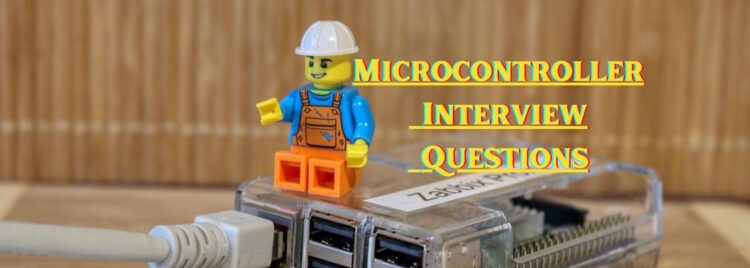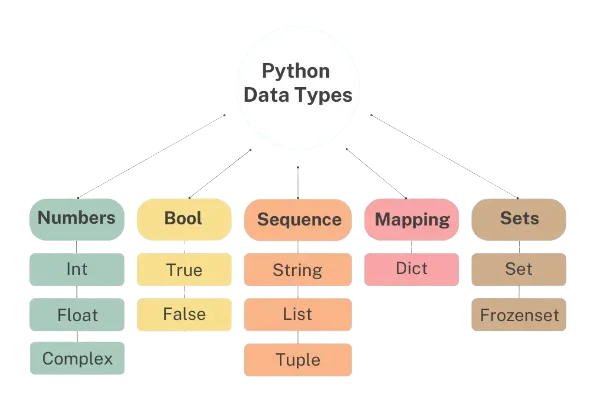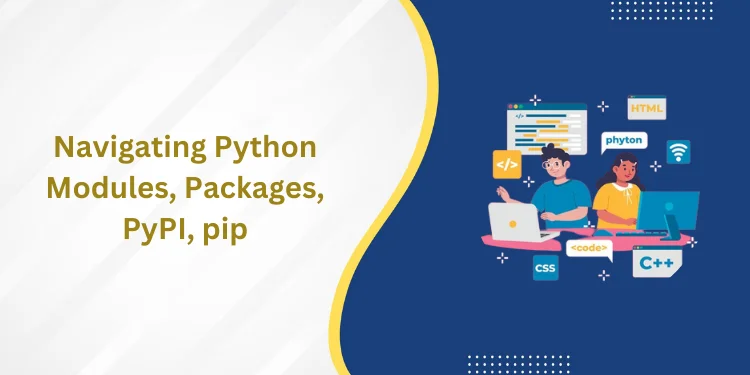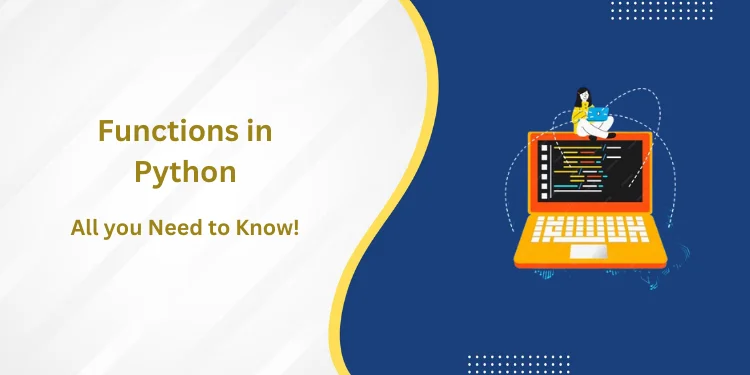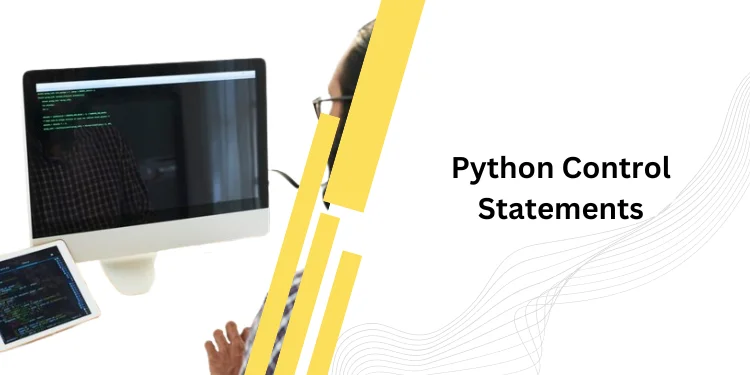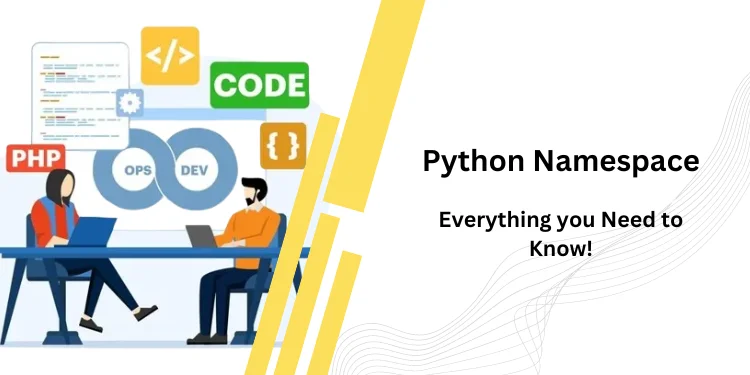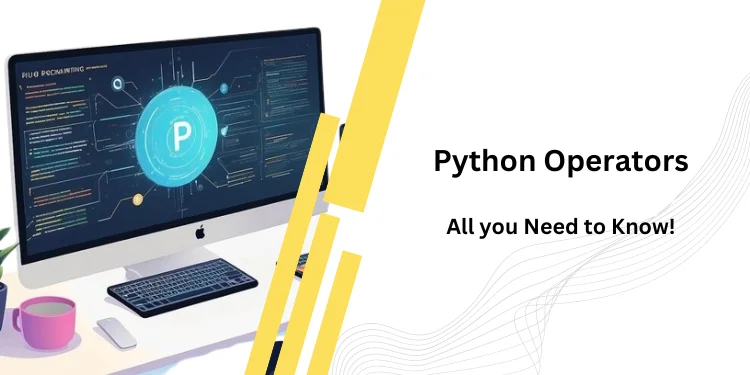Introduction To Microcontroller Interview Questions
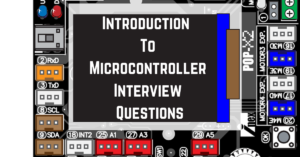
Are you preparing for a microcontroller interview? Yes or No? Are you a fresher or a professional, either way, you need to know what to expect in the Microcontroller Interview Questions. In this blog post, we will discuss some of the key Microcontroller Interview Questions that are asked frequently in microcontroller interviews.
Let’s start by talking about the basics of microcontrollers. A microcontroller is basically an integrated circuit with a processor and several externally connected components such as memory, timer/counter and input/output pins which enables it to function independently. It can be programmed to read data from its external sources and then use that data to make decisions and perform specific tasks accordingly.
When interviewing for any position that involves working with microcontrollers, employers will typically ask Microcontroller Interview Questions related to the core components of microcontrollers as well as types of operating systems used by them. A question that is asked most often is related to the program memory: how much program memory does a particular microcontroller have? The answer will depend on the specific type of controller being discussed. Microcontroller Interview Questions about working with controllers can also include inquiries about peripheral interface buses (PIBs) and power supply management.
In addition, hiring managers may ask Microcontroller Interview Questions regarding the differences between embedded C language and C++ language when programming microcontrollers. Embedded C is specifically designed for embedded systems and includes features like fixed width integer types while C++ includes features like object oriented programming and templates which make it more powerful but also more complex than embedded C language. Knowing these languages will help you answer these Microcontroller Interview Questions more easily during an interview.
Now that we understand some important topics related to microcontroller interviews, let’s review some common Microcontroller Interview Questions that are frequently asked during a job.
Microcontroller Interview Questions for Freshers
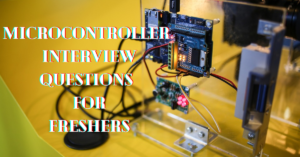
Are you a fresher looking for a job in the embedded electronics industry? If so, you’ll likely come across microcontroller interview questions in most interviews. As such, it’s essential you understand the fundamentals of microcontrollers and how to answer related Microcontroller Interview Questions. To ensure you’re well prepared for Microcontroller Interview Questions, we’ve put together a list of microcontroller interview questions that freshers should expect to be asked during an interview.
Microcontrollers are small integrated circuits used in electronics and computing projects to control functions. They are typically used in devices such as alarm systems, television remote controls, and microwave ovens. Since they’re cost effective, energy efficient, and more precise than other forms of computing, they have become widely used in many applications.
Types of Microcontrollers
There are two main types of microcontrollers: 8 bit and 32 bit.
An 8 bit microcontroller is capable of executing up to 8 bits of information at once while a 32 bit microcontroller can execute up to 32 bits of information at once. The type of processor you will use depends on the application requirements; if your application requires more complex operations, then you should opt for 32 bit microcontrollers over 8 bit ones.
Common Microcontroller Interview Questions
When being interviewed for positions related to microcontrollers, some common Microcontroller Interview Questions that employers ask include:
- What do you know about the architecture of a microcontroller?
- What experience do you have designing and programming with different microcontroller languages?
Microcontroller Interview Questions for Professionals
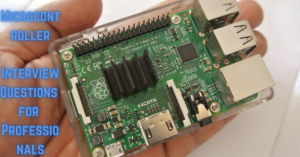
Are you a professional applying for a job that requires knowledge and experience with microcontroller systems? If so, then being well versed in all things related to microcontrollers is essential for navigating job interviews. Here are some of the most common microcontroller interview questions that you may be asked in a professional setting.
First off, it is important to understand the basics of microcontroller systems. This includes familiarity with components such as microprocessors, memories, input/output devices, and clock signals. Be sure to have an understanding of the roles these components play in building a microcontroller system.
In addition to knowing the fundamentals, you should also be familiar with different types of microcontrollers available on the market today. For example: 8bit, 16bit and 32bit controllers are some of the most commonly used controllers out there today. It is important to have an understanding of their respective advantages and disadvantages depending on the application they are intended for.
Next, when it comes to programming tasks for embedded systems like microcontrollers, C programming language is often used which differs from traditional C++ approaches due to its limited resources. Understanding how to optimize code for such resource limited environments is essential for succeeding at any interviewer’s Microcontroller Interview Questions.
Interrupt processing is another critical component of many embedded applications so having knowledge about writing efficient code for handling interrupt routines can go a long way during your interview process. Being able to answer Microcontroller Interview Questions related to clock design and synchronization as well as power supply considerations will help maximize your chance at success during a job hunt requiring expertise in this field.
Finally, system testing and debugging are equally important aspects related to any embedded system development project.
Conclusion
Aspiring microcontroller engineers need to be prepared to answer a variety of tricky Microcontroller Interview Questions. From questions about microcontroller architecture to debugging techniques, it is paramount that you have a good understanding of the material so as not to derail your chances of success. In this article, we’ve gone over some essential topics and how specific Microcontroller Interview Questions related to each one may be asked during an interview.
To summarize the major points: first, ensure you have a clear knowledge on the microcontroller architecture. Second, become familiar with best practices for debugging and coding with a microcontroller. Third, understand common concepts and terminology related to embedded system development.. Finally, know what kind of questions you may be asked for both freshers and experienced professionals.
Being well versed in these topics will go a long way in helping you excel at your next interview! By emphasizing the relevance of the topic and highlighting practical implications, we hope that this article was useful as a reference in better preparing readers for microcontroller interviews. If there are
still open questions remaining after reading this article, feel free to pursue further discussion either online or with colleagues who have experience in the field.
In conclusion, here are some key takeaways: first, ensuring knowledge on the architecture; second, familiarizing yourself with best practices; third, understanding terminology; fourth, being prepared for both fresher and professional interviews; fifth, utilizing resources available; sixth, pursuing further discussion if needed. We urge readers to use this information when approaching their own interview situations so as to maximize their chances at succeeding!
Frequently Asked Questions
A microcontroller is a computer on an integrated circuit that contains a processor, memory and I/O (input/output) peripherals. It is designed to be used in embedded systems where low cost and low power consumption are critical requirements. Generally, a microcontroller will have from 4 kilobytes to several megabytes of ROM storage, from 256 bytes to several kilobytes of RAM, and may have support for flash memory for program storage. In addition, depending on the application, it may contain analog-to-digital converters (ADC), digital-to-analog converters (DAC), timers or counters, serial communications interfaces such as UARTs or CAN bus controllers.
A microcontroller can run complex software programs that can interact with its environment via input/output signals. The applications of typical microcontrollers include automotive engine control systems; manufacturing assembly lines; home appliances such as washing machines and dishwashers; consumer electronics devices ranging from television sets to remote controls; industrial robots; medical equipment like life support systems; traffic control units on roadside billboards or traffic lights etc.
Let’s move to another Microcontroller Interview Questions.
2. What are the main components of a microcontroller?
Ans- The main components of a microcontroller are as follows:
- Central Processing Unit (CPU): It is the main component that processes instructions and carries out all operations in a microcontroller. It is responsible for performing numerous calculations and logic operations based on instructions provided to it by the user. The CPU has registers, buses and an instruction set associated with it.
- Memory: Microcontrollers typically have two types of memory- programmable read-only memory (ROM) or electronically erasable programmable read-only memory (EEPROM), which stores permanent data, and random access memory (RAM), which stores temporary variables used during execution of programs.
- Peripheral Devices: These components provide input/output for digital devices like pulse width modulation control, serial communication interface, analog digital converter etc., these peripherals enable the controller to interact with other electronic devices such as sensors, motors etc
- Timer/Counter: It is used for timing events within the system. For example if you need to know when something happened or needs to happen next in your system then a timer would be useful here.
- Interrupt Controllers – These are special hardware that enable microcontrollers to detect and respond to external events such as button presses or sensor readings very quickly without losing track of its current operation tasks.
- Clock Generator – This component provides clock signals which are used by different elements inside the controller circuit like timers, counters and others so they can function properly according to drivers connected through buses.
Let’s move to another Microcontroller Interview Questions.
3. Mention a few applications of a microcontroller?
The main components of a microcontroller are the processor, memory, timer/counters, input/output ports and peripherals.
The processor is responsible for carrying out instructions using an instruction set programmed onto the microcontroller. It consists of an arithmetic logic unit (ALU) which performs calculations and data manipulation operations.
Memory stores program instructions and data. The two types of memory commonly used in microcontrollers are ROM (read-only memory) which stores permanent data that cannot be changed, and RAM (random-access memory) which stores temporary variables for non-permanent storage during operation.
Timers/Counters are hardware devices that allow events to be timed or counted over certain periods of time or cycles respectively. They provide applications such as triggering other components at specific times, generating delays between code execution steps, measuring pulse length signals from external sources and more.
Input/Output Ports are used to connect external circuits or devices to the microcontroller via connectors or cables; they can also be used to receive commands from a user interface device like a keyboard or mouse so that the controller can respond accordingly by executing an appropriate task based on input received. Peripheral devices include A/D converters, D/A converters, analog comparators and counters etc., which are connected externally to aid in providing additional functionality not built into the controller itself such as analog signal measurement capability etc.
Let’s move to another Microcontroller Interview Questions.
4. Why would you choose one microcontroller over another for a given application?
When choosing a microcontroller for a given application, there are many factors to consider. Some of the most important considerations include cost, power requirements, processing speed, memory size and capabilities, input/output (I/O) pins and interfaces supported. Cost is obviously an important consideration because it determines how much an individual or business can spend on the device. Power requirements must be taken into account as well since some microcontrollers require more voltage than others in order to operate properly.
Processing speed is also important depending on the intended application of the device – faster processors may be needed for time-sensitive operations like data acquisition or motor control applications that require complex calculations and precise timing. Memory size should be considered when selecting a microcontroller since larger amounts will enable more data storage and more complex programs to run at once.
Additionally, I/O pins should match up with any sensors or interface devices being connected to them so as not to create compatibility issues that would impede performance or render it impossible altogether. Finally, if certain interfaces are required for inputting/outputting data then they need to be supported by the chosen microcontroller in order for them to function properly with other components within the system. Overall these considerations should provide enough information regarding which type of controller best suits a particular application with cost effectiveness and efficiency kept front-of-mind throughout the selection process.
Let’s move to another Microcontroller Interview Questions.
5. How can you measure the performance of your microcontroller code?
There are some several tricks by which we can measure the performance of microcontroller code-
- What primary methods do you use for measuring the performance of microcontroller code?
Answer: The primary methods used for measuring the performance of microcontroller code are benchmarking, profiling, and system-level measurements such as processor cycles and power consumption.
- How do you debug a program running on a microcontroller?
Answer: The most common method of debugging programs running on a microcontroller is to use hardware debugging tools such as an in-circuit emulator (ICE) or a JTAG programmer. Additional techniques include single stepping, breakpoints, watchpoints, memory dumping and tracing execution flow.
- What tools do you commonly use to support effective coding in C/C++ for microcontrollers?
Answer: Commonly used tools to support effective coding in C/C++ for microcontrollers include compilers, linkers and assemblers that can target specific architecture; text editors that provide language-specific syntax highlighting; debugger plugins and emulators; real-time operating systems (RTOS); bootloaders; IDEs with integrated debugging capabilities; analytic software which provides insight into code behavior across multiple platforms; utility libraries that simplify certain operations when programming with C/C++ ; simulation software which allows development outside of the target platform environment; version control systems like Git to manage source code collaboratively across teams.

